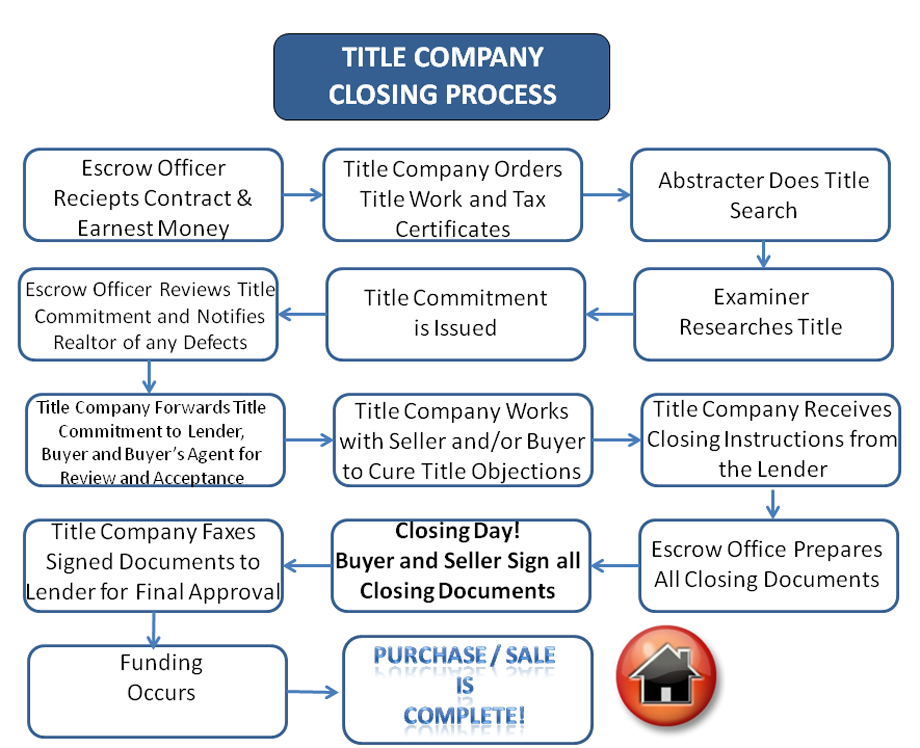One of the most important things to check when purchasing a piece of property is the title. Why? Well, think of it like this: suppose someone came to you and offered to sell you a car. They point over their shoulder and start telling you all about this brand new car that they are willing to sell you CHEAP.
Great! But wait…what’s the catch? Well, if you don’t check the title, this person could take your cash, hand you a set of keys, and vanish. You go up to the car and realize those keys don’t even fit the lock. The seller never even owned the car! This happens all the time when buying land.
Yikes! So how do we protect ourselves???
The first answer is to hire a title company. A reputable title company will perform the important research on things like:
- Is the seller the owner of record?
- Are their any liens, encumbrances, or taxes owed?
- Who owns the mineral rights?
While a title company can’t tell you everything about a piece of raw land, they can tell you A LOT. But a good title company is not cheap. Just look at how many steps are involved in closing with a title company:

For many small parcels of land, hiring a title company can be more expensive than the land itself!
What can you do to protect yourself without hiring a title company?
- Call the county. Typically the county clerk or recorder will be able to provide you any deeds that have been recorded for a property. Also, if any liens have been recorded, the county should be able to provide those too.
- PRO TIP: Many counties offer electronic copies of deeds and other documents, often it’s as easy as finding the county website and navigating to the right page. Typically they will charge a nominal fee ($2-$5) for a copy of the latest deed, which you can access online.
- Hire an abstractor.Abstractors are professional researchers: they are able to perform research on a property’s title and also find liens that have been recorded with the county. In fact, many title companies hire abstractors to perform research on the title.
So now that you know HOW to find information on a property, in our next post we’ll tell you exactly WHAT to look for.



